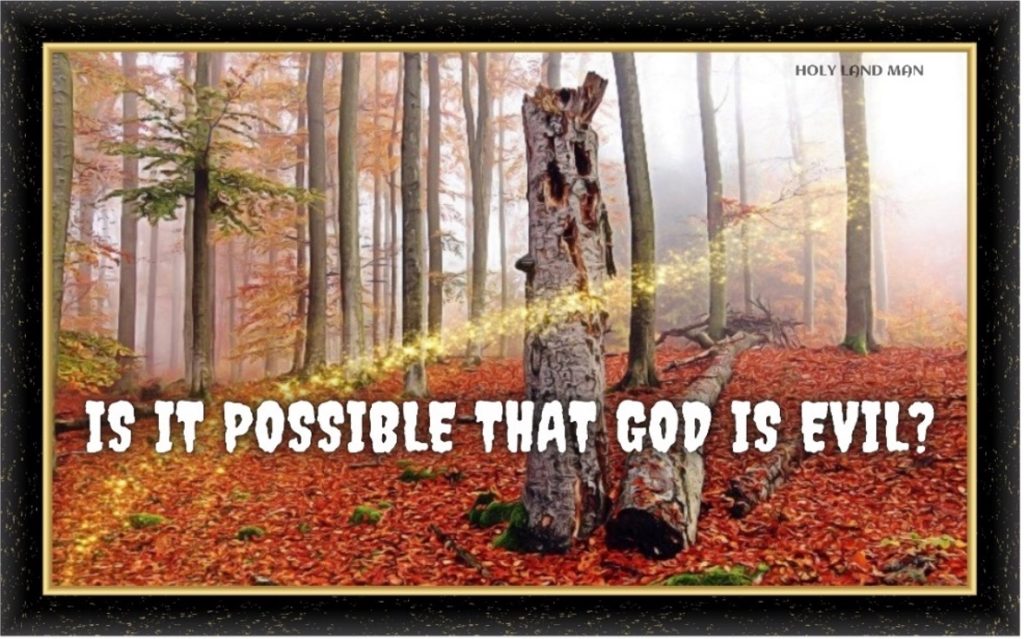GOD has told us many things, through the Torah and the prophets: that he created the world, that he oversees it, that there is no GOD but him, that he has chosen us to be a virtuous people, that he gives reward and punishment, and more. But how does he tell us the truth? How can we know that he is not lying to us or deceiving us? After all, we have no way of verifying his words. What if our whole belief is built on lies?
This question can be extended even further, beyond the credibility of the Bible. Suppose there is a creator for the world, who said he is good?
Maybe he is bad or indifferent? Maybe he created humans to abuse them? How can we know?
Let’s start by saying that many people do not have these questions at all. They existentially and utterly experience the goodness of GOD, and their faith in him is unquestionable.
They do not have a mental answer to these questions, but they do not need such an answer, just as a mentally healthy person is not bothered by thoughts like “Maybe I do not exist.”
It is an illustration of the tension that exists on many issues between existential certainty and intellectual skepticism. The mind is able to raise doubts about everything, but existential certainty ignores these doubts because it is clear they are wrong. The discussion below is therefore intended only for those who do not share the same existential certainty, and want to receive an intellectual answer to their question: How do you know that GOD is not evil?
The truth is that it is impossible to know, but it is precisely from this that it becomes clear why this question should not bother us.
GOD has told us many things. But how do we believe him? Why would we believe him? In this world of deception, why would we take the word of anyone, including GOD? We are told GOD is good, but that may not be the case. So many blindly believe that GOD is good, but some people question this. Is he/she really a good god?



